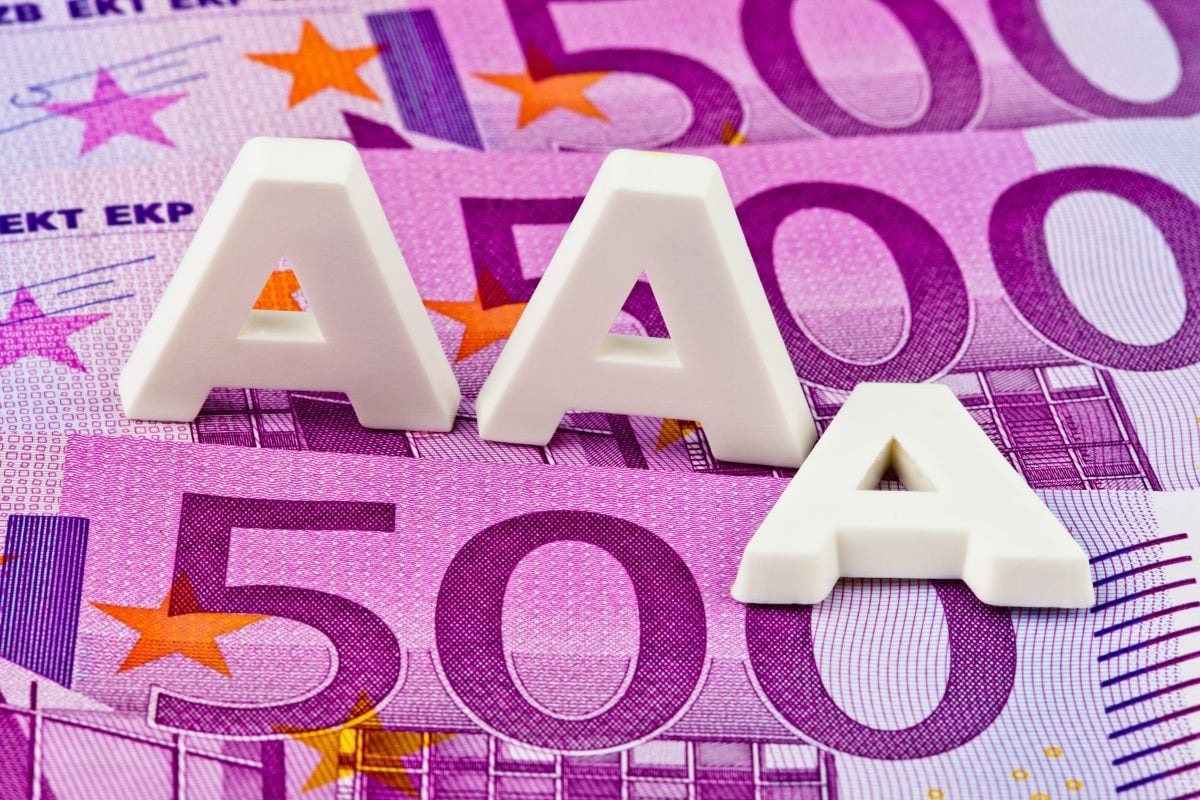
Credit rating agencies are designed to assess the creditworthiness of governments, state-owned companies, private corporations or other borrowers to enable them to access finance.
The information they provide is then used to help investors make decisions on risk, return and appropriate interest rates, so the credit rating allocated has a huge influence on borrowers’ ability to raise and repay finance.
Yet there is a growing feeling that reliance on the existing agencies is not serving African needs and that a new institution focused on the continent is required.
At present, the big three US- based credit rating agencies, Moody’s, Fitch and Standard and Poor’s, control 95% of the global credit ratings sector. However, they each provide ratings for different African economies, with only 32 countries covered between them as a whole, making it difficult to compare the credit worthiness of different governments.
The number of countries covered has increased over time and it is only 29 years since South Africa became the first African country to receive a rating from one of the big three.
There has been growing criticism that the big agencies have been slow to upgrade African sovereign ratings but quick to downgrade them. The lack of African coverage has long restricted initial public offering and bond activity on the continent, while debt yields have soared since the Russian invasion of Ukraine, so African sovereign bond issuance has dried up.
The global situation is largely to blame but during his term as chair of the African Union (AU), President Macky Sall of Senegal, said: “The perception of risk continues to be higher than the actual risk”.
Cost of subjective bias
Research by the United Nations Development Programme (UNDP) that was released in April concluded that subjective bias in credit ratings had cost African countries $74.5bn in higher interest payments and lost opportunities.
Inaccurate ratings can be the result of inadequate data and/or methodologies that are too subjective but the former cannot be tackled by the creation of a new African agency alone.
The UNDP brought stakeholders together at a meeting in Washington in April to discuss the impact of credit ratings on the cost of development finance in Africa. “The credit rating agencies provide counter intuitive opinions because they employ inexperienced staff who are good in mathematics but lack an appreciation of the complexity of the real world, especially the complex operating environment in Africa”, Aloysius Uche Ordu, Director of the Africa Growth Initiative at the Brookings Institution, commented at the meeting.
Even while relying on the big three agencies, “African countries need to engage with credit rating agencies to understand their methodologies and make sure the assessments are in line with macroeconomic fundamentals,” said Daouda Sembene, managing director of the Dakar-based think tank AfriCatalyst.
The solution
The obvious solution would be to create an Africa-focused agency that covers every country on the continent. Based in Africa and developed for Africa, it should have greater understanding of the continent and its creation could even motivate the big three to increase their African ratings coverage.
There is certainly a gap in the market because of the number of African countries without a rating from the main three agencies, but corporations and parastatals would also benefit. Moreover, there would be scope for it to offer environmental, social and governance (ESG) ratings, which could be crucial in attracting foreign ESG-focused investment. However, it is vital that any such institution is both independent and perceived to be so to gain market credibility.
Africa’s first credit rating agency, Sovereign Africa Ratings, was launched in South Africa in September covering just the South African economy. It was set up by a group of entrepreneurs who hope to build it into a Pan-African agency over time but it could be argued that an agency backed by a large institution could gain widespread creditability more quickly.
In 2019, AU Finance Ministers signed a declaration that an African agency was needed and the AU appears to be edging towards actually helping to create one. It now needs to decide how it will be funded, owned and operated, with an independent institution along the lines of the African Export-Import Bank a possibility.
It would generate revenue by charging borrowers for rating them, although start-up funding would be needed, either from the AU itself or more likely via a group of multilaterals, probably including the African Development Bank. It is an idea whose time has come but it is vital that the correct model is adopted to make it a success.
Related articles
Want to continue reading? Subscribe today.
You've read all your free articles for this month! Subscribe now to enjoy full access to our content.
Digital Monthly
£8.00 / month
Receive full unlimited access to our articles, opinions, podcasts and more.
Digital Yearly
£70.00 / year
Our best value offer - save £26 and gain access to all of our digital content for an entire year!

 Sign in with Google
Sign in with Google 



